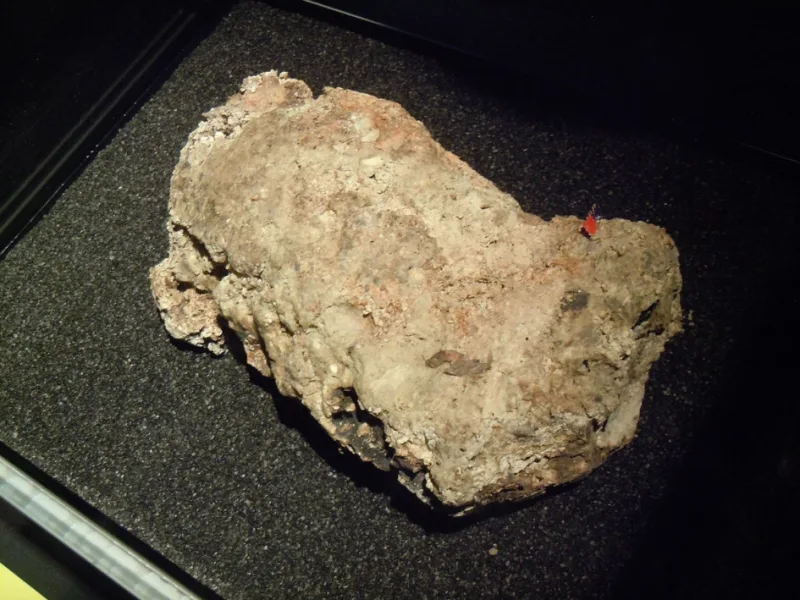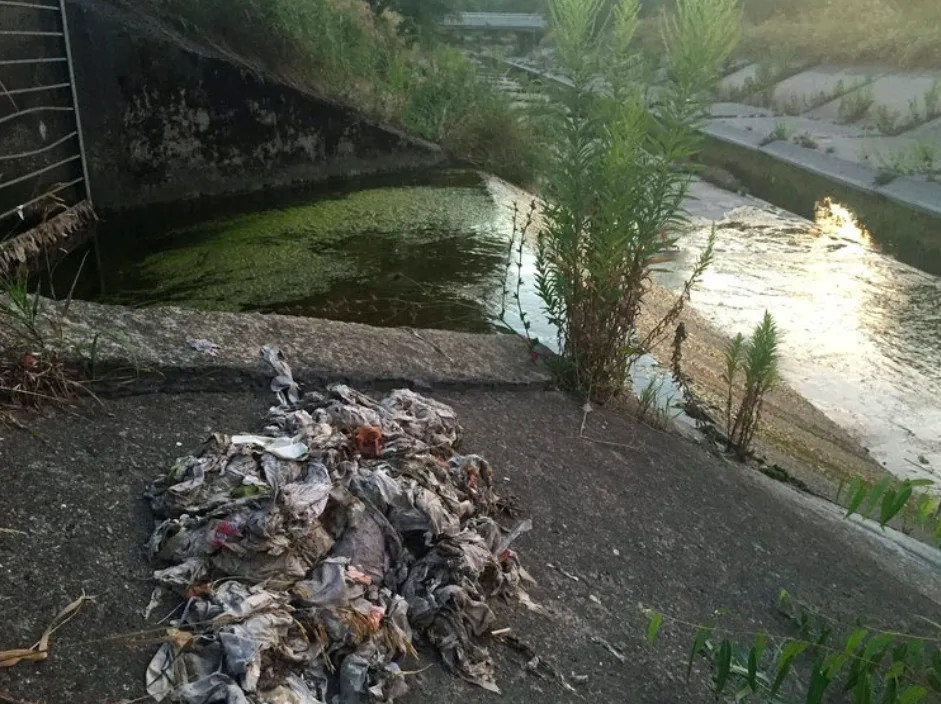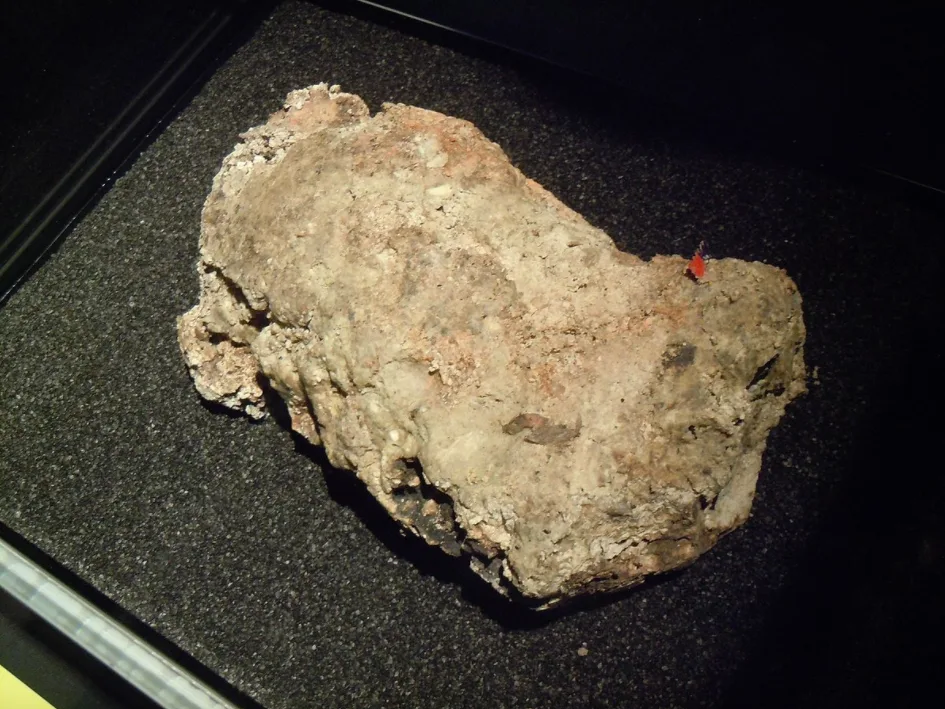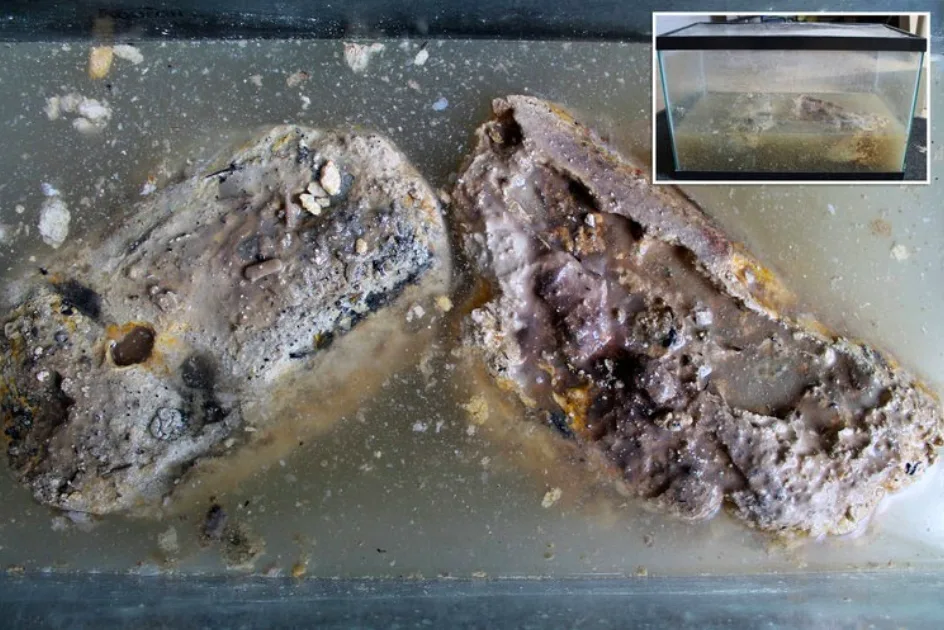
'Flushable' wipes are a disaster for plumbing, lead to 'fatbergs'
Most so-called flushable wipes are anything but, and actually flushing them causes major problems.
Cleaning. Disinfecting. Sanitizing. It’s a rinse and repeat cycle right now.
Many Canadians have been relying on pre-moistened wipes for cleaning counters since start of the COVID-19 pandemic, however, what many do not realize is that these wipes are an environmental nightmare.
Even though the package says “flushable”, drainage systems across Canada do not agree: not only do the wipes contain small microplastics, they also plug up toilets, pipes and sewers.
“It is a really bad idea to put flushable wipes in your toilet and flush them,” says Mark Mattson, Swim Drink Fish president and waterkeeper. “Flushable wipes are not really flushable, even though they say they are. Also, when there are bypasses or they don’t get treated through the sewage treatment plant they end up being discharged into the environment. And we’ve seen that at Lake Ontario Waterkeeper, in terms of Toronto Harbour, for example.”

*A clump of wet wipes pulled from a river. Credit: Lake Ontario Waterkeeper *
Another issue is that there is no industry standard on “flushability”. If you look closely at the packaging, many of these wipes touted as “flushable” also have conditions as to when they can be flushed and warn of blockages.
When these wipes combine with fats and oils that also don't break down, they form a “fatberg” -- which is as disgusting as it sounds! We’ve got the images to prove it.

Dried section of a fatberg. Image source: Wikimedia Commons/Lord Belbury

Image: Credit: Ruby Pajares
These fatbergs have been known to cause major disruptions in waterways. One of the most famous examples was in London, England, in 2019. That 'berg grew to 40 tonnes and was the size of a double-decker bus.
“Through my career as a plumber, wipes have been one of the most common things I have had to clear from drains,” Prof. Seth Crawford, of Mohawk College's Plumbing and Steamfitting program, says.
As wipes become a staple in many households during this pandemic, please dispose of them in the garbage rather than the toilet.
“When these blockages occur, it takes city staff away from other critical services,” says Bill Shea, the director of distribution and collection, at Toronto Water.
To learn more about how to properly dispose single-use wipes, watch the video that leads this article.
Editor's note: This article was originally published in March 2020.
